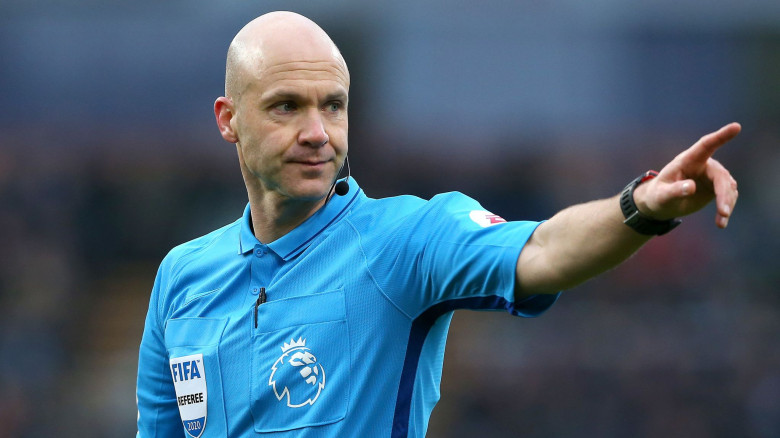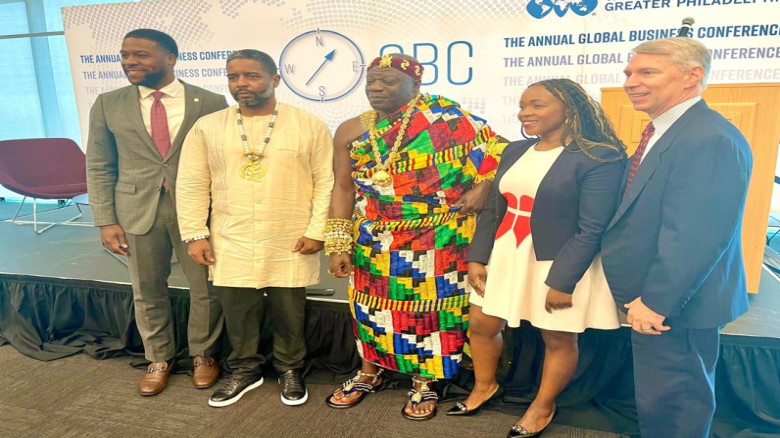REALITY CHECK: The Pope, The Vatican And GCBC Has Not Sanctioned Any Protest Against Galamsey
By: Nana Columbus SaaTani || A Concerned Catholic
It has emerged from hard facts that the Pope In Rome and the entire Catholic Vatican as well as the Ghana Catholic Bishops Conference (GCBC) have dissociated itself since it has not sanctioned any planned Christian protests against illegal mining Galamsey in Ghana.
Checks have revealed that the Accra Diocese of the Catholic Church are the sole organizers of that supposed planned prayer protest tagged Environmental Prayer Protest Walk in Accra, scheduled to hold Friday October 11, 2024.

Again, General Secretary of the GCBC, Father Clement Adjei, ESQ. has reaffirmed and reiterated during media interviews on JOY FM and other platforms that the GCBC has never decided to go on GALAMSEY demonstration of any sort.
According to him, "such decision has not been made or sanctioned by the conference."
He went on to further deny completely that the GCBC has nothing to do with the October 11th Prayer Demonstration against Galamsey.
Setting the records straight, the Vatican, led by the Pope, has traditionally maintained a position of political neutrality, refraining from endorsing political movements or engaging in civil protests.
This is rooted in the belief that the Catholic Church’s primary role is to offer spiritual and moral guidance, not to participate directly in political or civil matters.
While environmental stewardship is indeed a core part of Catholic teaching, as seen in Pope Francis’ Laudato Si’, which calls for the care of creation, it emphasizes dialogue, education, and spiritual conversion rather than political activism or public protests.
The Vatican’s position on church politics and civil unrest remains influenced by its commitment to moral principles, social justice, and the promotion of peace. Here are key aspects of the Vatican's stance:
Moral Guidance: The Vatican emphasizes that the Church should serve as a moral compass, promoting ethical values in politics and society. This includes advocating for human dignity, social justice, and the common good.
Political Neutrality: The Vatican typically maintains a stance of political neutrality, believing that the Church should not be involved in partisan politics. Instead, it encourages the faithful to engage in civic matters based on their moral convictions.
Advocacy for Peace and Reconciliation: The Vatican often calls for peaceful resolutions to civil unrest. It supports dialogue and reconciliation processes to address grievances and promote social cohesion.
Support for Human Rights: The Vatican actively defends human rights, especially in situations of civil unrest. It condemns violence and repression and advocates for the rights of marginalized and oppressed groups.
Engagement with Global Issues: The Vatican addresses civil unrest in the context of broader global issues, such as poverty, inequality, and migration. It often emphasizes the need for structural changes to address the root causes of conflict.
Papal Statements and Teachings: Popes frequently address political and social issues through encyclicals, speeches, and messages, emphasizing the need for moral leadership in governance and social responsibility.
Local Contexts: The Vatican often tailors its approach to specific countries and situations, acknowledging the complexities of local politics and civil unrest. This includes supporting local bishops and church leaders in their responses to crises.
The Vatican does not advocate civil uprisings or protests as a means of achieving change but promotes peaceful dialogue and responsible citizenship within the legal frameworks of society.
A protest such as the one planned by the Accra Archdiocese, even with its noble intentions to fight against the environmental destruction caused by illegal mining (galamsey), risks being misinterpreted as politicizing the Church’s role.
It could also lead to the perception that the Church is taking sides in a political debate, which is contrary to the Vatican’s long-standing practice of remaining neutral in political matters.
The Catholic Church is called to act as a moral compass in society, focusing on fostering prayer, encouraging responsible environmental practices, and advocating for governmental accountability through non-political means.
The decision to stage a protest may blur these lines and inadvertently involve the Church in a political struggle, which the Vatican has sought to avoid.
Moreover, it is important to consider that environmental issues, while urgent and deserving of attention, should be addressed through collaborative efforts between government, civil society, and religious institutions.
Instead of engaging in protest, the Church could encourage dialogue and work with relevant authorities to promote lasting solutions to environmental degradation without crossing into political advocacy.
While the fight against galamsey is necessary, the method of a public protest may not align with the Vatican’s teachings or its approach to political neutrality.
The Church's role, in line with Vatican guidance, should emphasize spiritual renewal, awareness creation, and fostering collaborative solutions rather than direct involvement in civil protest movements.
Let us be clear: the Church has historically been a pillar of society, standing for justice, peace, and the moral good.
But when those entrusted with that mission stray into the realm of political manipulation we must not remain silent. We must speak out, loudly and clearly, against these actions that threaten the very fabric of our society.
We cannot allow this to happen. The separation of Church and State must be upheld.
When religious leaders overstep their boundaries, it creates confusion and threatens the unity and progress of our nation.











Leave A Comment